When we look back at the election or the climate challenge, we will see that our success was determined by the stories we told. Politics and climate are now inextricably linked. So we can also apply the same observations about political stories to the stories we tell about the climate. Stories are the most powerful way of sharing our values and attracting others, and we’ve been telling them since we first sat around a fire. But is our use of story in the election and climate challenge lacking?
First, I want you to take a minute and watch two different stories that underscore different sets of values, and thus different political positions.
The first story is from the wildly popular series, Yellowstone. The series tells the story of a Montana ranch family, the Duttons, fighting to save their land against all those that want to take it away from them: developers, tourists, miners, bureaucrats, politicians, and Native Americans. The land has been in the family for generations, fought for by strong men and strong women. The hero is the patriarch, John Dutton, played by Kevin Costner. The patriarch doesn’t want to fight others, but is “forced” to protect his land, often by killing other people and “taking them to the train station” to dispose of their bodies.
The second is a simple story by Neal Foard talking directly to the camera about the memory of a broken down car and the kindness of strangers. The ending is unexpected and uplifting especially if you have the post-election blues. I won’t spoil the story, just watch it.
When I contrast these two stories, I am moved by both, but more by Neal Foard’s story. Why? Because it reflects the values I grew up with. The series Yellowstone also tells the story of values, and it is one of the underdog fighting others for what God gave them. It glorifies the need to kill to protect what’s yours. 16 million people watch this series, yet few think about the values it represents: patriarchy, strength, revenge, and violence. These values seep into our collective moral consciousness about what is right and wrong.
While it may be too early to do a post mortem on the campaign, if we want to be successful with our politics and our climate, we will need to tell better stories.
In a distilled view of the 2024 election, ask yourself, “What was the story for each candidate?” Not who is morally right, though all politics is about right and wrong, and not what do they say about issues, policies, or their opponents. At the simplest level, what is their brand? A personal brand is based on what others think and feel about you. In this case, it’s an intangible gut feeling voters have about the candidates. Then we’ll ask the same question about climate.
Let’s start with President Joe Biden. His brand was partly determined by his opponent and partly by his own focus and doing. He was the good old guy from humble roots who got things done. He was a consensus builder and reached across the aisle.
That’s a nice story, but not very exciting. His 77 year-old opponent painted him as old, senile, and weak. After the debate, it was all over, despite all the great things he’d done as president. His story was confirmed. Accomplishments, issues, and values meant nothing. His story became one of a fumbling old man. It doesn’t matter that this is how his opponent framed him. 77% of American voters agreed that Biden was too old to be president.
Vice President Kamala Harris rose as the replacement for Joe Biden. As she began her campaign, her story was sparse in the public mind and media despite being VP. She realized she needed to re-introduce herself to the American people and did so at the convention where she emphasized her single mother, and rising out of humble beginnings to start a career fighting for others. Her “self-told” story was as a tough, resolute, fighter for justice.
Yet her campaign convention slogan, “We’re Not Going Back,” was vague. Going back to what? Where is the why in this statement? There is little vision in the statement, and you’ll know from my other posts that the use of the negative doesn’t register in the brain. We know that the slogan subtly compares Harris to Trump. But this tells the story of Trump, not the story of Harris. Later in the campaign, Harris and some in the party focused on the “I am not Trump,” theme. This is a story, but a weak one. If Harris is not Trump, then again, who is she?
Her campaign’s inability to articulate or tell a simple story about who she is and her vision lowered her chances of success. So did the attempt to define herself by not being Trump.
Now contrast this to Trump’s story. Despite my revulsion to the decency of the man, or the lies he tells, or his continual paranoid whining and victimization, he does have a story. Simply put, he is a strong man, who loves you, who will protect you from: Illegal immigrants, criminals, transgender people, the Chinese, the enemy within, the status quo, ad infinitum. This sounds a lot like the John Dutton character in Yellowstone. The reluctant hero, protecting you, God on his side. He will smite our enemies and bring prosperity to the people.
We also know that by creating fear, he positions “the other” as the enemy and himself as the savior. He’s not, but the electorate no longer can distinguish between what is true and what is not. For example, do you know anyone whose job has been taken by a criminal immigrant? The result is that he can position himself as a strong man (and strict father) in order to provide discipline and bring order to chaos. Do you want to “Make America Great Again,” or not? As false as it is, it’s a simple story: They are bad, be afraid, I am strong. I will protect you…make things great again. I am good. Vote for me.
Of course it’s more complicated than this. But here’s my point. If you don’t have a clear story and can’t tell people where you are going, then people will gravitate toward a different and what they perceive as a better story. Yes, I can hear the protests. How can I say he had a better story? Based on the values of the left, he didn’t. But he did for American’s in the states where he won.
All this is prelude to asking how this connects with climate.
With the exception of “clean renewable energy,” the climate movement’s overall default story is; “We’re all gonna die!” We have used facts, reasons, and fear to try and “convince” people that climate change is real in hopes that they will act. A little like attacking Trump trying to prove he’s bad. But we haven’t told enough of the story about why, or our vision, or our solutions to the problem.
The story of climate is not only about melting icecaps, droughts, or heat waves. These are happening. But when we tell a story about them we are falling into a trap of trying to prove climate change is real. It’s time to move past this reaction to an opposition frame. If we tell the climate story without a vision, people will gravitate toward whatever feels better, i.e. perhaps it doesn’t exist, or we can wait for some magic solution. Trump and fossil fuel companies want you to feel good about what they do, whether it’s true or not. Can we make people feel good about themselves, their future, and what we are doing about slowing and mitigating climate disaster?
Climate is complex, ubiquitous and scary. Instead of using facts and fear alone, let’s build identity and tell the story of how we are coming together to create a livable world and of protecting the next generation. Imagine how our children might ask us how we had the courage to stand up and meet the challenge. How our families will be able to breath clean air, drink clean water and have safe secure lives. Or how we ran the California grid for 100 days this summer off renewable energy. Or how solar is growing faster than Minnesota corn, or 1 acre of solar produces more energy than 200 acres of corn for ethanol. Let’s talk about the heroes that are making this happen, saving our lives, and the kindness of others.
Let’s change the story.
We are all connected. Savor the Earth!’™
– Hobie

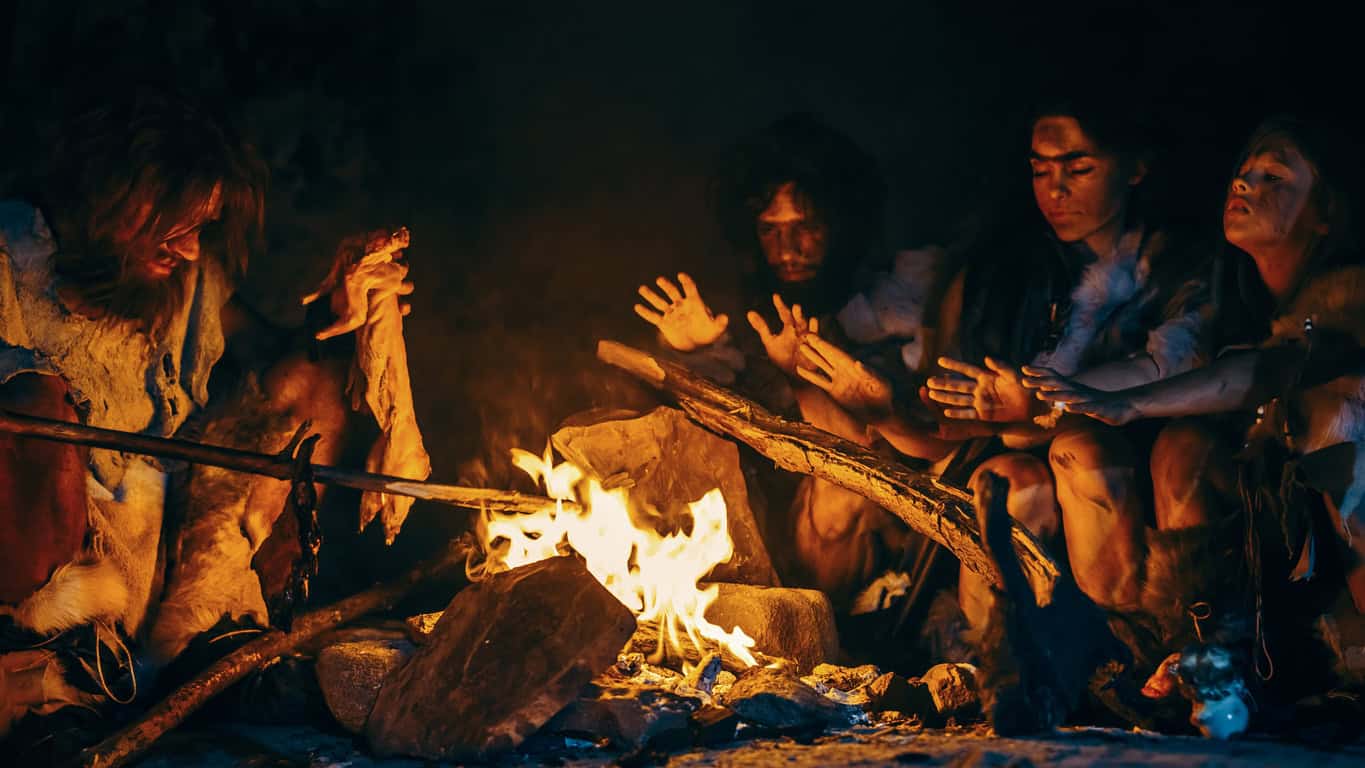
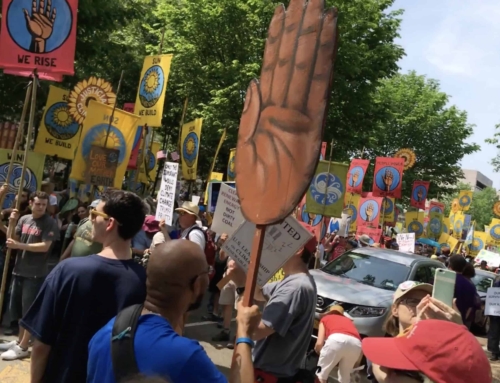
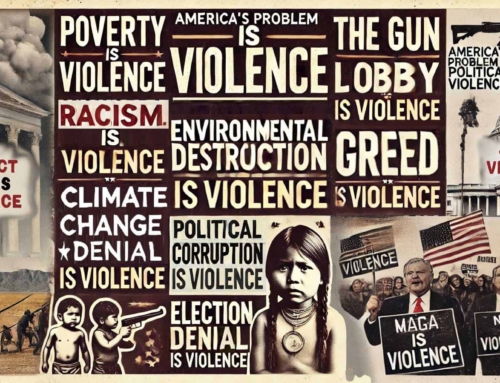
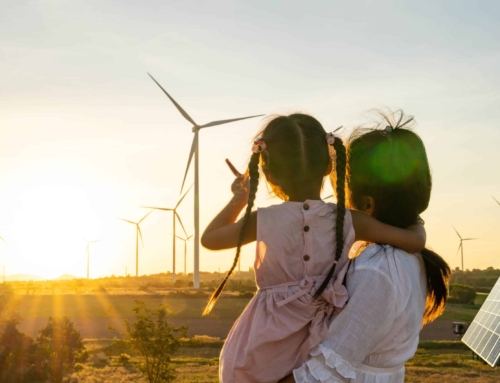

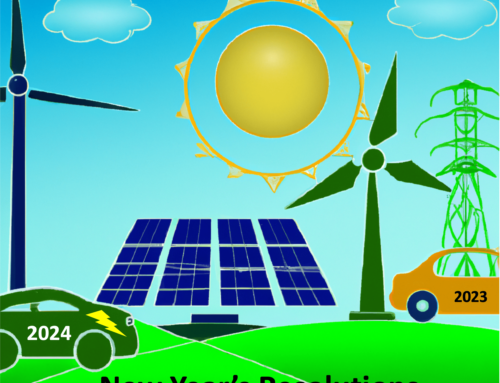
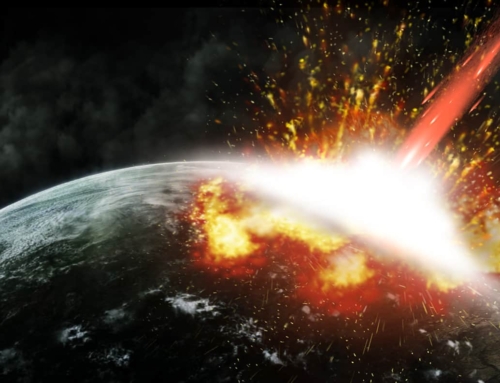
Leave A Comment